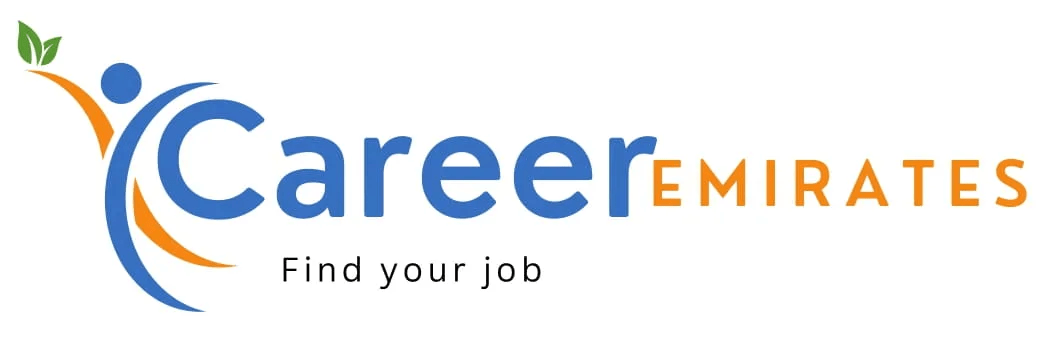cipojo5096
About Company
Nursing is a multifaceted and challenging profession that demands not only clinical skills but also strong communication abilities, particularly in writing. Whether it’s patient documentation, research papers, or policy briefs, the ability to write effectively is crucial to a nurse’s success in both academic and professional settings. For nursing students, the transition from learning practical skills to mastering the written components of the profession can be daunting. Writing assistance, therefore, plays a critical role in supporting nursing students as they navigate these academic and professional demands. Through targeted guidance, feedback, and resources, writing assistance empowers nursing students to excel in their academic work, enhances their professional development, and prepares them for the complex communication tasks they will face as future nurses.
The Importance of Writing in Nursing Education
In nursing education, nursing writing services is not just a tool for assessment but a means to develop critical thinking, reflect on clinical experiences, and engage with evidence-based practice. Nursing students are expected to complete a variety of writing assignments, including essays, research papers, case studies, reflective journals, and more. These tasks help students synthesize their clinical knowledge, connect theory to practice, and demonstrate their understanding of complex healthcare topics.
However, many nursing students find academic writing challenging, particularly if they come from non-traditional backgrounds or have limited experience with formal writing. The technical language, strict formatting guidelines, and the need to critically analyze research can create significant barriers. Writing assistance provides the support needed to overcome these challenges by offering tailored guidance that helps students develop their writing skills in a structured and manageable way.
Common Challenges Nursing Students Face in Writing
Nursing students encounter various challenges when it comes to writing. These challenges often stem from the unique demands of the nursing field, where practical skills are prioritized, and writing may not always receive as much attention during early training. Some of the most common challenges include:
Lack of Familiarity with Academic Writing: Many nursing students, especially those who have been out of school for a while or who entered the profession through non-traditional pathways, may not be familiar with academic writing standards. Writing research papers or reflective essays may feel foreign and overwhelming, particularly when students are juggling clinical placements and other coursework.
Complex Terminology: Nursing is a field rich in specialized terminology. Students may struggle to incorporate this technical language into their writing while still making their work accessible and clear. Striking a balance between professional language and clarity is a skill that takes time to develop.
Structuring Arguments and Essays: Organizing thoughts into a coherent structure is another common hurdle for nursing students. Many struggle with crafting a clear thesis statement, building logical arguments, and presenting evidence in a structured manner. Writing assistance helps students understand how to structure essays, research papers, and other types of writing common in the nursing field.
Adherence to Formatting and Citation Styles: Nursing students are often required to use specific citation styles, such as APA (American Psychological Association), which may be unfamiliar to them. Writing assistance provides help with formatting, citation, and ensuring that all references are accurate and properly attributed, a critical aspect of academic integrity.
Balancing Clinical and Academic Work: Nursing students often face the challenge of balancing the heavy demands of clinical placements with their academic responsibilities. Writing assignments can feel like an additional burden when students are already managing patient care, exams, and other coursework. Writing assistance can help alleviate some of this pressure by providing guidance on time management, outlining, and drafting, making the writing process more efficient.
The Role of Writing Assistance in Overcoming These Challenges
Writing assistance plays a key role in helping nursing students navigate the complexities of academic writing. Through one-on-one coaching, workshops, online resources, and editing services, writing assistance provides personalized support tailored to the needs of nursing students. Some key ways in which writing assistance supports nursing students include:
Personalized Feedback: Writing assistance services often provide individualized feedback, helping students identify specific areas where they can improve. Whether it’s refining a thesis statement, improving grammar, or developing stronger arguments, personalized feedback allows students to focus on the areas where they need the most help.
Guidance on Technical Writing: Nursing students must learn to write with precision and accuracy, particularly when it comes to clinical documentation or research papers. Writing assistance offers guidance on how to use technical language appropriately, ensuring that students can communicate effectively in both academic and clinical settings.
Help with Research and Evidence-Based Writing: Nursing education emphasizes evidence-based practice, requiring students to engage with research and integrate it into their writing. Writing assistance helps students understand how to find credible sources, evaluate research, and incorporate it into their papers effectively. This skill is essential for both academic success and professional development, as nurses must often rely on evidence-based research to inform their clinical decisions.
Support with Formatting and Citations: Proper formatting and citation are critical in academic writing, and many students struggle with adhering to the strict guidelines of styles like APA. Writing assistance provides the tools and support students need to format their papers correctly and ensure that their citations are accurate, helping them avoid plagiarism and maintain academic integrity.
Encouragement and Confidence Building: Writing can be an intimidating process, especially for students who lack confidence in their abilities. Writing assistance provides a supportive environment where students can ask questions, practice their skills, and receive encouragement. This support helps build students’ confidence in their writing abilities, leading to greater academic success and less anxiety surrounding writing tasks.
Long-Term Benefits of Writing Assistance for Nursing Students
The benefits of cheap nursing writing services for nursing students extend beyond their immediate academic needs. By developing strong writing skills, students are better prepared for the demands of professional nursing practice, where clear communication is essential. Some of the long-term benefits of writing assistance include:
Improved Clinical Documentation: In nursing practice, accurate and clear documentation is essential for patient safety, legal protection, and effective communication among healthcare professionals. Writing assistance helps students develop the precision and clarity needed to excel in clinical documentation, reducing the risk of errors and improving the quality of care.
Preparation for Advanced Education: Many nursing students aspire to pursue advanced degrees, such as a Master of Science in Nursing (MSN) or a Doctor of Nursing Practice (DNP). These programs require a high level of writing proficiency, as students are expected to complete research projects, theses, or dissertations. Writing assistance provides the foundational skills needed to succeed in these advanced programs.
Professional Development and Career Advancement: Strong writing skills are highly valued in the nursing profession, particularly for nurses who wish to pursue leadership roles, engage in research, or contribute to healthcare policy. Writing assistance helps students develop the skills needed to write reports, publish articles, or advocate for policy changes, enhancing their career prospects and professional development.
Enhanced Critical Thinking: Writing is closely tied to critical thinking, as it requires students to analyze information, synthesize evidence, and present logical arguments. By improving their writing skills, nursing students also enhance their ability to think critically, a skill that is essential for making informed decisions in clinical practice.
Conclusion
Writing is a critical component of both nursing education and professional practice, yet it is often an area where nursing students struggle. Writing assistance plays a vital role in supporting nursing students by providing the guidance, resources, and feedback they need to develop strong writing skills. By helping students overcome common challenges, such as academic writing, technical language, and formatting, writing assistance empowers them to succeed in their academic work and prepares them for the demands of professional nursing communication. Ultimately, writing assistance not only enhances students’ academic performance but also contributes to their long-term success as nurses, ensuring they are well-equipped to communicate effectively and advocate for their patients in a complex and evolving healthcare environment.


